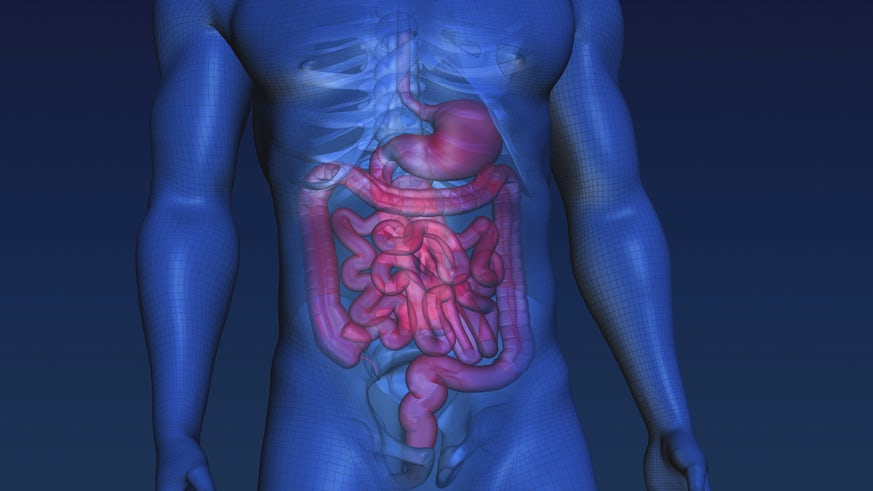Immune system “friendly fire” could be to blame for bowel cancer deaths
17 February 2015

New research suggests that patients recovering from bowel cancer surgery may be at a higher risk of relapse if their blood shows an immune response to a particular protein, called carcinoembryonic antigen (CEA).
By informing a more tailored treatment strategy following surgery, the findings could eventually lead to an improved patient prognosis, scientists say.
Approximately 40,000 people in the UK are diagnosed with bowel cancer each year, making it the second most common form of cancer in the UK. Where possible, clinicians attempt to surgically remove tumours with a view to curing patients, though nearly half of all patients who undergo surgery relapse or die from metastatic disease.
Published today in the Journal of the National Cancer Institute (JNCI), researchers from Cardiff's School of Medicine describe having measured the immune responses in blood taken from 64 patients with bowel cancer before they underwent surgery to remove their tumours.
Having tracked their prognosis over a five-year follow-up period, they found that 33 patients died following surgery; 25 of which could be attributed to cancer recurrence. Although the stage of the tumour, as is already known, was important in prognosis, the presence or absence of anti-CEA immune recognition by the patients' white blood cells was even more statistically important in identifying subjects with an increased risk of tumour relapse.
The research was conducted in the laboratory of Professors Andrew Godkin and Awen Gallimore from the School of Medicine. Professor Godkin stated that establishing whether this immune response is to blame for patient deaths will require further research. In the meantime, they contend that the findings will provoke considerable debate and interest among scientists interested in harnessing T cell responses for cancer therapy.
Professor Godkin said: "There's a lot of interest among scientists and clinicians in exploring means to boost the ability of white cells such as T lymphocytes to recognise and kill tumours. However, not all T cell responses are good for you; other research groups have already shown that T cells directed against CEA may cause the rest of the gut to become leaky in something akin to a 'friendly fire' attack on healthy cells. This is one possible explanation for the findings of our study.
"The results are intriguing, and we are now exploring explanations in the laboratory. However, what this paper does highlight is how identification of certain types of immune responses (i.e. those directed at CEA), might help identify patients requiring additional treatment strategies post-surgery in order to improve their long-term prognosis."
Dr Lee Campbell, Research Projects and Science Communications Manager at Cancer Research Wales, commented: "While there is great interest in harnessing the power of the immune system to beat cancer, this important piece of research conducted with bowel cancer patients, clearly demonstrates just how critical a full understanding of how the immune systems targets tumours will be, if we are to use such therapies effectively. As bowel cancer is now the most commonly diagnosed cancer in Wales, Cancer Research Wales is proud to be associated with such a vital piece of work."
The research was funded by Cancer Research Wales, the Wellcome Trust and the Tenovus Cancer Care charity.